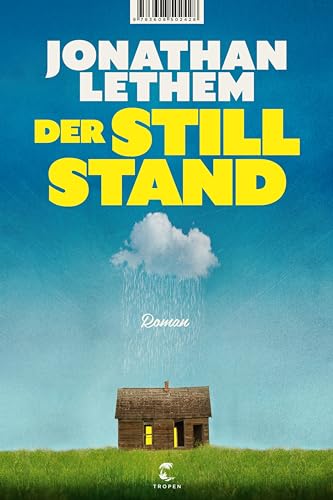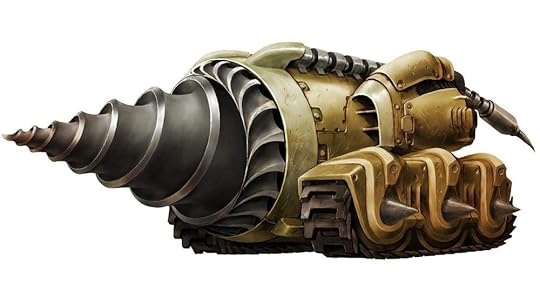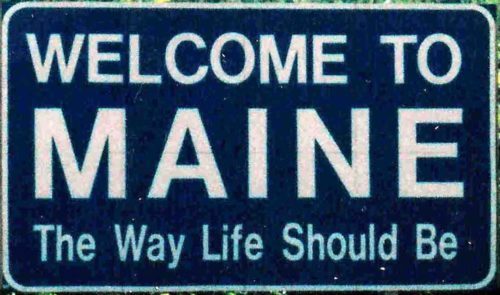What do you think?
Rate this book


320 pages, Kindle Edition
First published November 10, 2020
We tell ourselves stories in order to live.
...
Their banter felt perfunctory and empty, dress rehearsal for a show that had closed years before.
...
He’d come wishing to hear the truth beneath the lies, or beneath the stories, the mad pastiche—a recombinant hash of truth and untruth, of exaggeration and invention and translation, of sleight of hand, of this switched for that. The lie that tells the truth.
"What's so great about this shit?" Journeyman parroted.
"It's always better, not worse."
"What do you mean?"
"You people are supposed to, you know, write it to keep it from happening, right? Cautionary tales?" In Todbaum's mind Journeyman might be answerable for all writers, his tribe. "But they just can't help it, they like it there. They love it there."
"Where?"
"Where? The fucked-up allegorical hellscape or dire prison block for the human soul they're working through, the particulars don't matter. They want to live there, you can feel it. [...] The world's reduced and cleansed, the ambiguity scrubbed out."
"Because - it's easier?"
"Sure. Post-apocalyptic comfort food."

